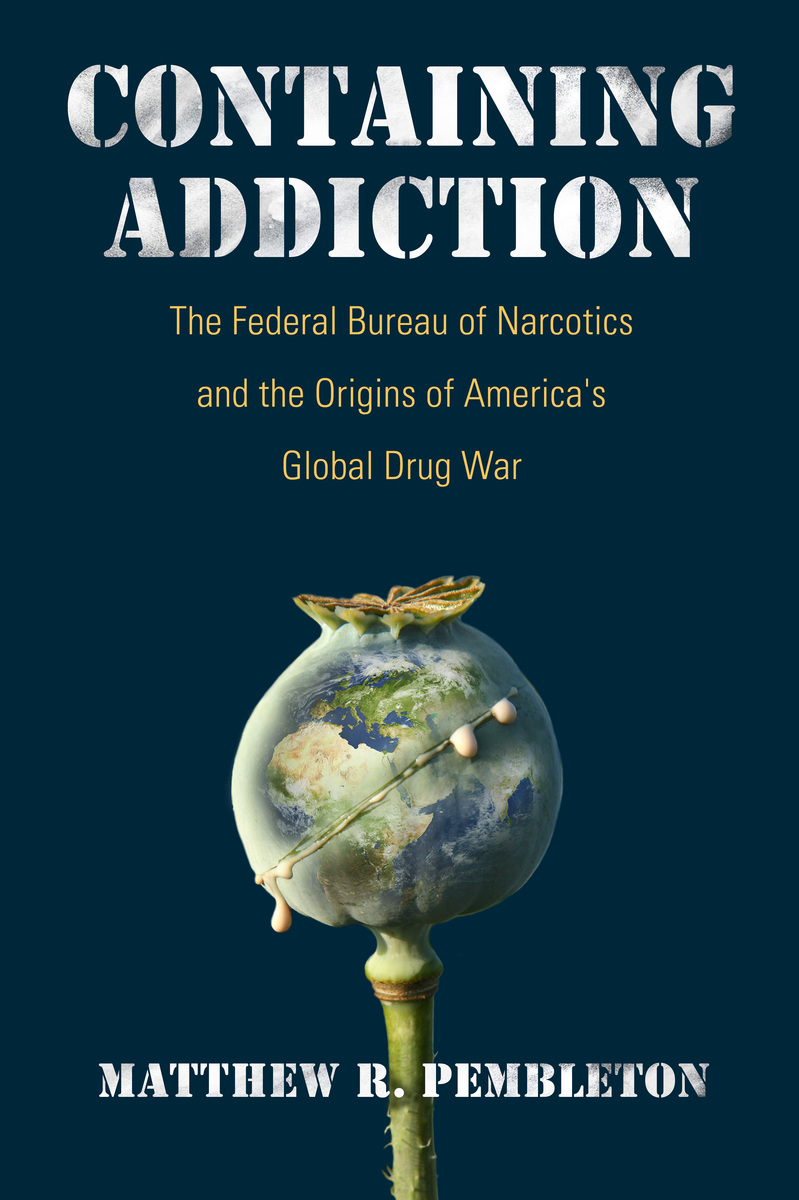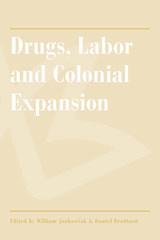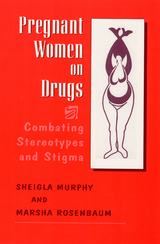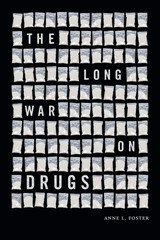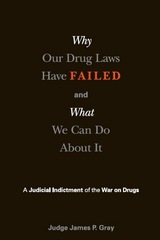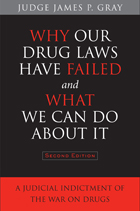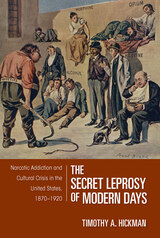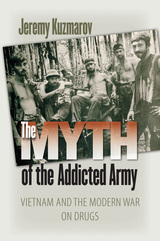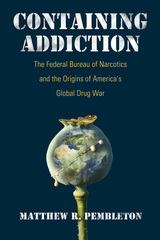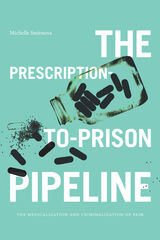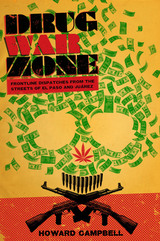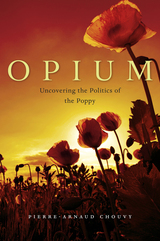Containing Addiction: The Federal Bureau of Narcotics and the Origins of America's Global Drug War
University of Massachusetts Press, 2017
Paper: 978-1-62534-316-1 | eISBN: 978-1-61376-552-4
Library of Congress Classification HV5825.P42 2017
Dewey Decimal Classification 363.28409730904
Paper: 978-1-62534-316-1 | eISBN: 978-1-61376-552-4
Library of Congress Classification HV5825.P42 2017
Dewey Decimal Classification 363.28409730904
ABOUT THIS BOOK | AUTHOR BIOGRAPHY | REVIEWS | TOC
ABOUT THIS BOOK
The story of America's "War on Drugs" usually begins with Richard Nixon or Ronald Reagan. In Containing Addiction, Matthew R. Pembleton argues that its origins instead lie in the years following World War II, when the Federal Bureau of Narcotics—the country's first drug control agency, established in 1930—began to depict drug control as a paramilitary conflict and
sent agents abroad to disrupt the flow of drugs to American shores.
U.S. policymakers had long viewed addiction and organized crime as profound domestic and trans-national threats. Yet World War II presented new opportunities to implement drug control on a global scale. Skeptical of public health efforts to address demand, the Federal Bureau of Narcotics believed that reducing the global supply of drugs was the only way to contain the spread of addiction. In effect, America applied a foreign policy solution to a domestic social crisis, demonstrating how consistently policymakers have assumed that security at home can only be achieved through hegemony abroad. The result is a drug war that persists into the present day.
sent agents abroad to disrupt the flow of drugs to American shores.
U.S. policymakers had long viewed addiction and organized crime as profound domestic and trans-national threats. Yet World War II presented new opportunities to implement drug control on a global scale. Skeptical of public health efforts to address demand, the Federal Bureau of Narcotics believed that reducing the global supply of drugs was the only way to contain the spread of addiction. In effect, America applied a foreign policy solution to a domestic social crisis, demonstrating how consistently policymakers have assumed that security at home can only be achieved through hegemony abroad. The result is a drug war that persists into the present day.
See other books on: 20th century | Drug control | Narcotics | United States | United States. Bureau of Narcotics
See other titles from University of Massachusetts Press
